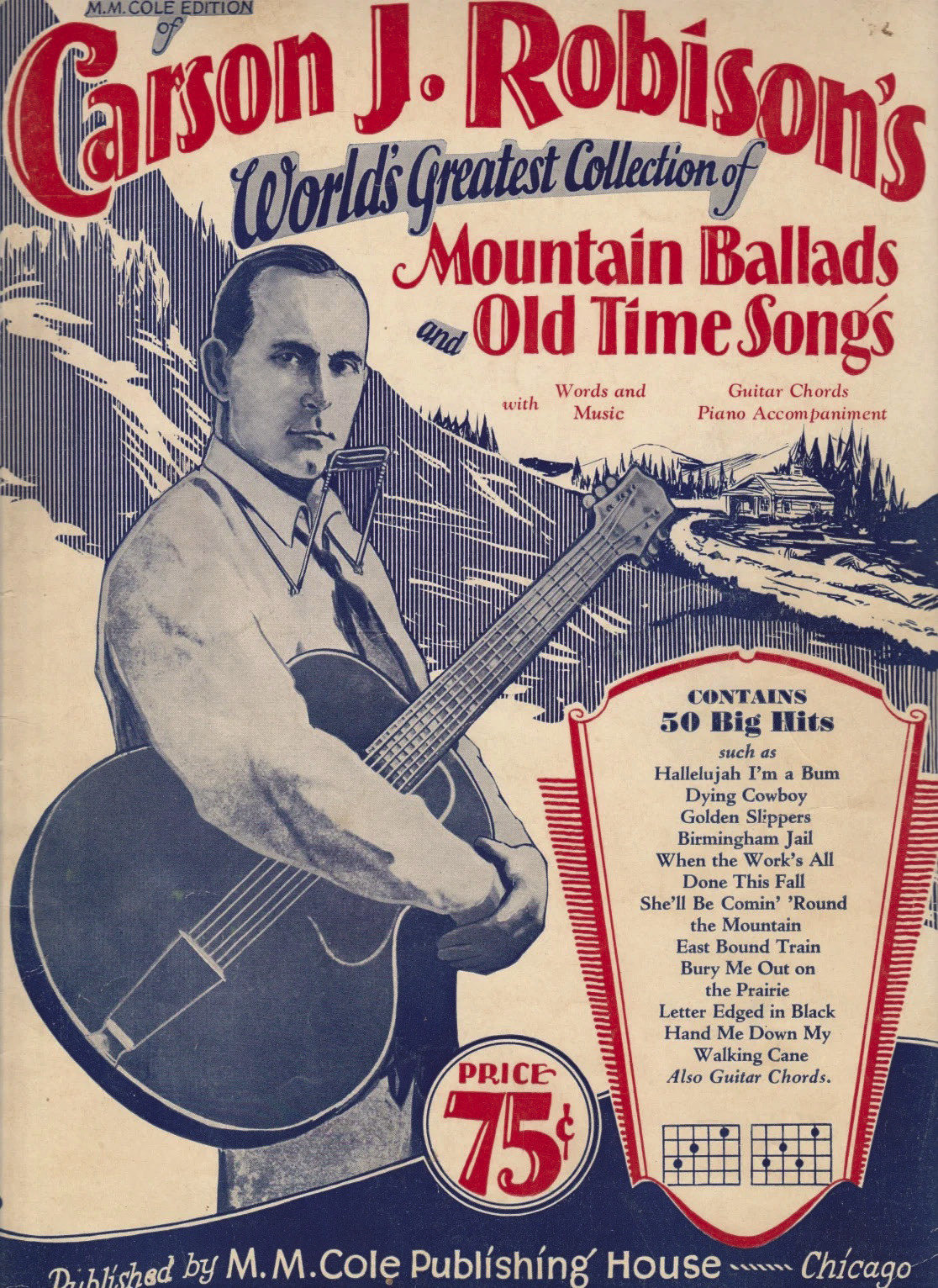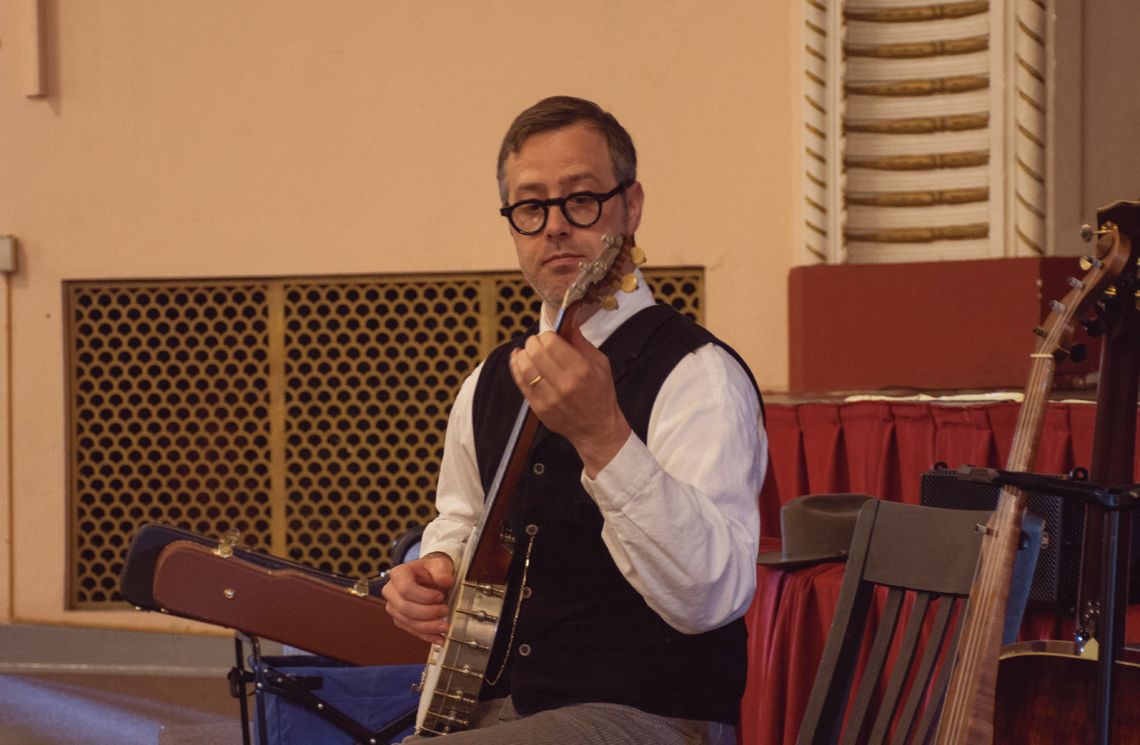The Chanute Public Library welcomed a Humanities Kansas speaker to inform patrons about the musical aspects of history in the state.
Derrick Doty is a life-long Kansan, and independent historian.
Doty is also an avid musician.
While welcoming Doty, Library Director Jeana Lawrence highlighted Doty’s success as a banjo champion, and his work to establish the Manhattan Mandolin Orchestra.
Doty said while music is a part of our lives today, music and muscians were a part of daily life in territorial era Kansas.
“Just think of how important it was in those days to have local musicians to entertain you,” Doty said.
Doty began the musical history lesson in the Civil War era. During that time, it was common to see bands composed of primarily string instruments. Many Musicians played fiddles, harmonicas, mandolins and early guitars. There were also surprising instruments played, such as cellos. According to Doty, these were often called bass violins, or referred to as a bass, since it was the lowest pitched instrument in most arrangements. Surviving photos also show individuals playing bellowed instruments, such as the accordion. According to Doty, there were also occasionally wind instruments, including piccolos.
The musicians in early Kansas were often immigrants who settled in the territory prior to statehood. Some early notable individuals include Joseph and Forrest Savage, known as the Savage Brothers. Doty said this duo is allegedly known as the first band in Kansas. They settled in Lawrence, and were witnesses to some of the events of Bleeding Kansas.
Henry Worrall, of Topeka, was one of the first musicians to compose with open guitar tunings.
“His music influenced the whole country,” Doty said. Open tunings are still popular among musicians today.
Byron G. Harlan was the first known Kansan to be commercially recorded. Doty also highlighted John E. Henning, who patented the grand solo banjo.
Another aspect of music history is the commonality of the fife and drum in the militia.
“Musicians, long before the civil war, were an integral part of the military,” Doty said.
The fife refers to a woodwind instrument similar to a flute and the drums were typically snare and or bass drums. These were almost always seen providing music and a marching beat to the infantry.
Doty noted that while Kansans voted to be a free state, where slavery was illegal, many enslaved peoples brought their rich musician traditions with them. Doty said there were certainly African influences throughout Kansas music.
During the 1870s Doty said there were accounts of both black and white musicians performing in banjo contests, and a significant number of notable black musicians. Throughout the early 20th century, vaudeville show bills in Kansas would showcase musicians of various races to audiences.
Notable black musicians with ties to Kansas include: George Nash Walker, Perry “P.G.” Lowrey and Vance Lowrey.
Particularly in Kansas, Mandolin clubs were popular. These groups featured a variety of string instruments, and could be found for students and adults throughout the state.
“It was like the pickleball of the 1890s,” Doty said.
These clubs remained popular throughout the early decades of the 20th century.
Doty also highlighted early radio successes such as Sam Long, Uncle Bob Larkin, Wendall Woods Hall, and Carson Robison.
Robison was born in oswego and grew up in Southeast Kansas. According to Doty he was best known for being a member of The Buckaroos. Doty described the group as a cowboy band. One of Robinson’s best known songs was a humorous tune “Way Out West in Kansas.”
Throughout the presentation, Doty performed popular songs on the fiddle, the guitar, and two types of banjo; showing the progression of popular music and how instruments changed over time.
To learn more about Derrick Doty, visit https://flinthillsfiddler. wordpress.com/. To learn more about the Chanute Public Library or upcoming events, visit https:// www.facebook.com/Chanute-PublicLibrary.

This scan shows a songbook by Carson Robison, published in the 1930s. Photo courtesy of Derrick Doty







